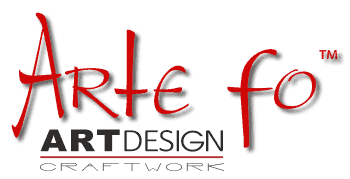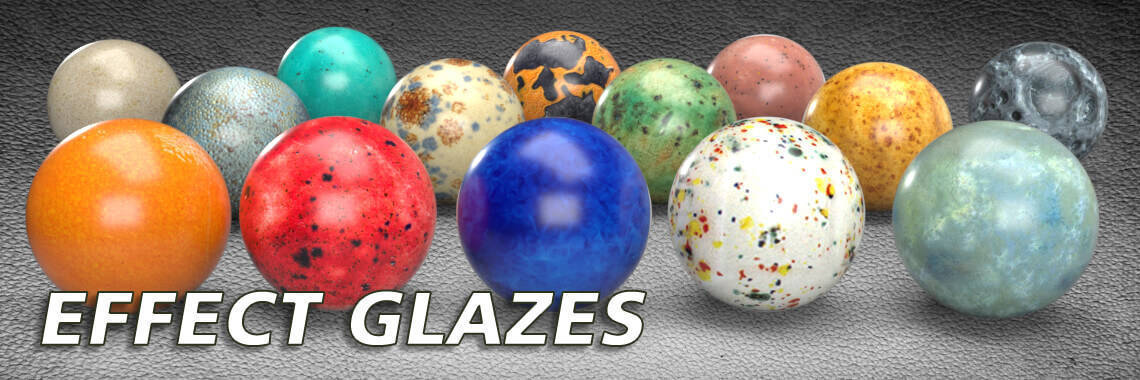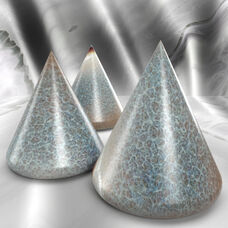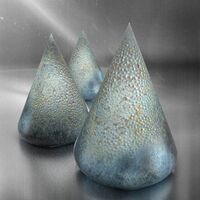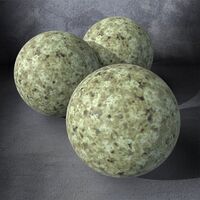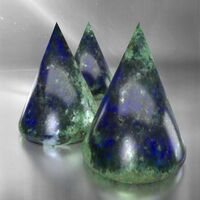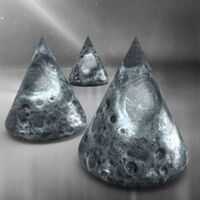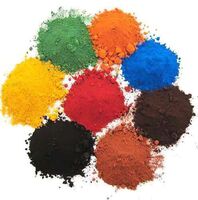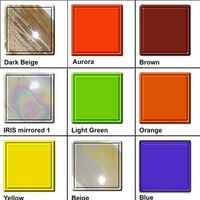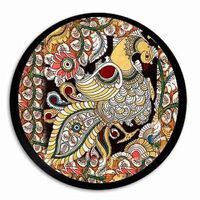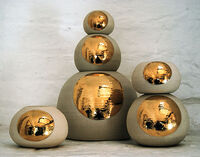Buy Sponge | BASF | Effect Glazes
Quantity: 40 g. (1.41 oz.)
Firing temperature: 980-1080°C (1800-1976° F) (Orton cone 04)
Surface: Gloss
Luminescence: Semitransparent
Lead content: lead-free, 0%



Many people want to know what is glaze. Glazing is a technique that requires:
Liquid Glaze is perfect for brush on. It should be coated 2-3 times with a soft brush after the first fire. After drying please fire between 1000-1080°C. Shake and stir very well prior to use. If the glaze becomes thickened over time simply add water and stir thoroughly.
Dry glaze is to be dissolved in water to a thick paste which should be thinned to the proper density. I recommend the proportion - 60%:40% (40g. glaze and 25ml. water). Mellowing and screening before use is pertinent. The glaze density depends on the way of application and on the body porosity. A thick porous bisque, which absorbs the water fast, requires rather a thinner glaze than a tighter, less porous body, which absorbs the water slowly. Each glaze is recommended to be tested with various layers on the body concerned and under determined conditions. The mixing of the glazes is possible in order to change color shade, melting properties, or to achieve some artistic effects. Sometimes the glaze coat can crawl due to the presence of dust, grease, or dirt on the bisque. Glazed pieces have to be well dried before the firing. The firing temperature should correspond to the given data. When fired less, the glaze will be rough and matte, fired hotter, the glaze runs down the piece or soaks into the body.
What is a glaze, what is antiquing, and other Q/A for painting and glazing can be found in the section: Paint and Glaze.
SPONGE Effect ceramic glaze earthenware BASF made in Germany
- Brand: BASF
- Product Code: effect glaze - Sponge - 207T
- SKU: 207T
- Availability: 51
-
1.35€
Available Options
Related Products
BLUE GOLD - Effect Glaze Satin Semitransparent Degussa
Quantity: 40 g. (1.41 oz.) If you need larger quantity, please askFiring temperature: 980-1080°C&nbs..
1.85€
TURTLE SHELL - Effect Glaze Satin Opaque BASF
Quantity: 40 g. (1.41 oz.) Firing temperature: 980-1080°C (1800-1976° F) (Cone 04) Surface..
1.99€
OLYMP - Effect Glaze Gloss Semitransparent Degussa
Many people want to know what is a glaze. Glazing is a technique that requires:Liquid Glaze is perfect for brush on..
1.35€
DEEP ERUPTION - Effect Glaze Satin Semitransparent BASF
Quantity: 40 g. (1.41 oz.) If you need larger quantity, please askFiring temperature: 980-1080°C&nbs..
1.99€
